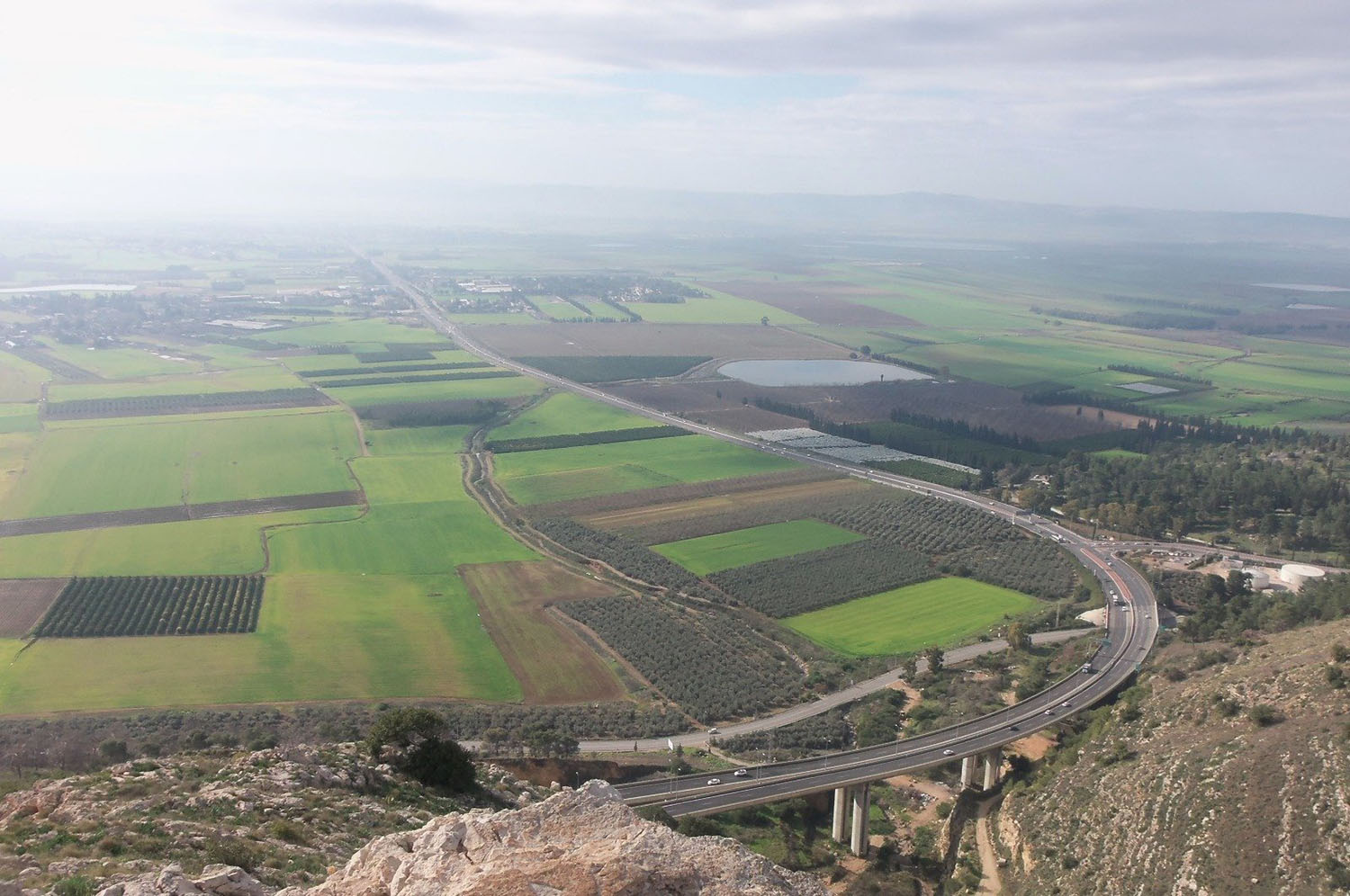The Tribes of the Land
By Dr. Noel Rabinowitz
January 10, 2023
After the Tribulation, according to Matthew 24:30, the second coming of Jesus will take place. The sign of the Son of Man will appear in the sky and all the φυλαὶ τῆς γῆς (phulai tes ges) will mourn as consequence of his appearance. The NIV translates this phrase as “all the tribes of the earth.”
While not a direct quotation, the phrase is a very clear allusion to Zechariah 12:10-14 in the LXX (the Greek translation of the Hebrew Bible). The Greek word φυλή (phule) means “tribe.” The Greek word γῆ (ge) can be translated in several ways, including “land”, “earth”, and “ground”. In the context of Zechariah 12, it's clear that the text is referring to the tribes (φυλή, phule) of the land (γῆ, ge) of Israel who will mourn for the one whom they have “mocked” (“pierced” in the Hebrew).
Nevertheless, virtually all English translations of Matthew 24:30 universalize this phrase and as a result, alter its meaning. In addition to the NIV, most versions translate this phrase as “tribes of the earth” – the KJV, NASB, ESV, ASV and NET to name just a few examples. The NLT and NCB translate the phrase “peoples of the earth,” while the NCV translates it “peoples of the world.” The Message pulls out all the stops and renders the phrase “unready people all over the world.”
These English translations give the impression that Matthew 24:30 is describing the reaction of people all over the world to the second coming of Jesus. The Gentile nations, however, are not in view here. This is clear from the verse’s larger context — Matthew 24:4-31 is basically an eschatological timetable about Jesus’ return with a focus on how events leading to that return impact that the nation of Israel. This is also clear from the context of Zechariah 12:10-14, which is a prophecy about the families in the land of Israel mourning in repentance over the one “whom they pierced” (v. 10). Matthew never applies language about Israel to the nations, and he doesn’t do so here!
Some agree that Matthew 24:30 does indeed concern Israel but they apply these events to the past (70 AD) rather than the future. The verse does not describe Jesus’ second coming and Israel’s repentance but rather Jesus’ resurrection and ascent to heaven. Matthew’s allusion to Zechariah 12:10 means that the people of Israel mourn not in repentance but rather despair. They despair over the consequences of their rejection of Jesus — divine judgment and the destruction of Jerusalem by Rome!
This explanation of events turns the verse upside down. Matthew does combine his allusion to Zechariah 12:10-14 with an allusion to Daniel 7:13-14 about the coming of the Son of Man to render judgment and establish his messianic kingdom — but that judgment does not involve the destruction of Israel! On the contrary, as verse 31 makes clear, Jesus’ second coming actually signals Israel’s restoration. The Son of Man sends his angels to gather the elect “from the four winds” (Zech. 2:6 LXX) and “from one end of heaven to the other” (Duet. 30:4). Each of these phrases are drawn from biblical texts in which God promises to gather the people of Israel from exile and return them to the Promised Land.
There are those who claim that the Gospels have no theological interest in the Land. That claim is not true, of course, but it gets a lot of milage because of translations like those mentioned above which (perhaps unintentionally) mute or suppress references to the Land in the Gospel. For the record, two English versions — the TLV and the CJB, correctly translate the phrase “tribes of the land.” Their translators are Jewish and it was important to them that they get it right.

